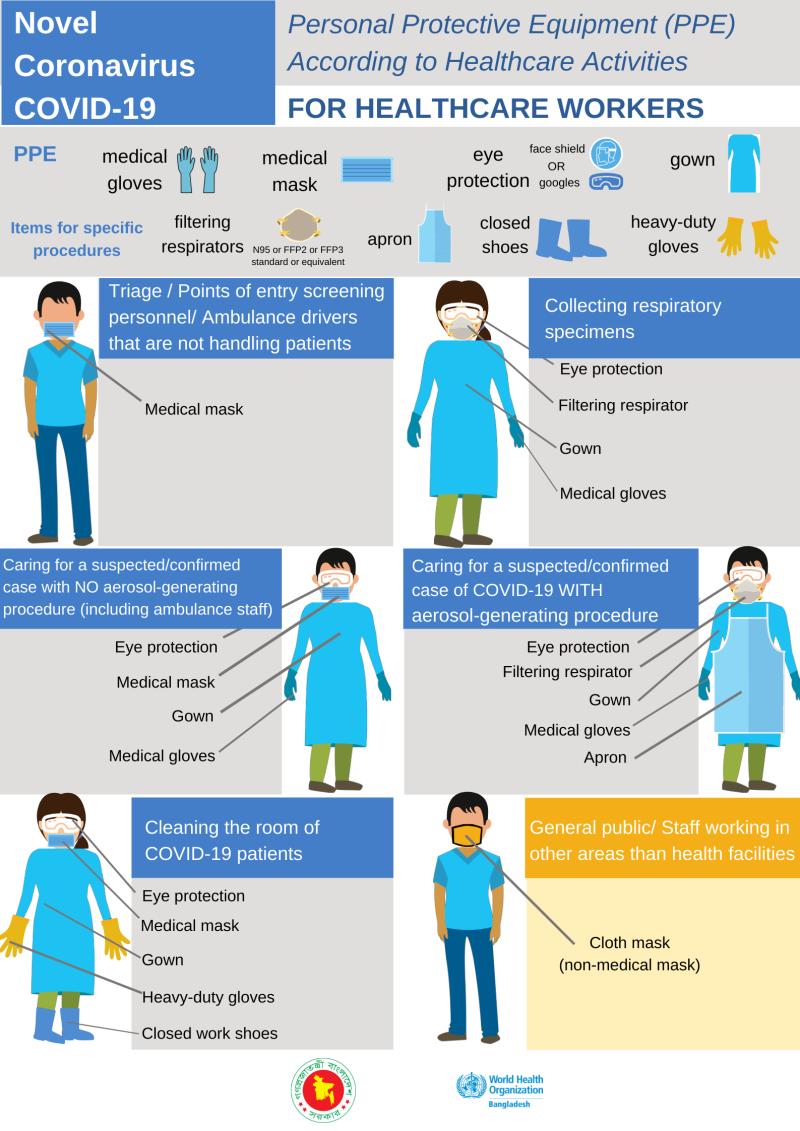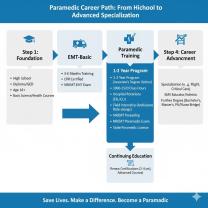What do CEUs require a health care worker to do?
Continuing Education Units (CEUs) are a standard measure used to quantify participation in approved professional development activities for various professions, including healthcare. The specific requirements for obtaining CEUs in healthcare may vary based on the regulatory board, professional organization, or licensing body overseeing the healthcare profession. Here are common elements and obligations associated with earning CEUs for healthcare workers:
Professional Development Activities:
- Healthcare workers typically need to engage in approved professional development activities to earn CEUs. These activities may include attending conferences, workshops, seminars, online courses, or other educational programs relevant to their field.
Accredited Providers:
- CEUs are often awarded for participation in activities provided by accredited or approved organizations. Accredited providers are recognized by professional bodies or licensing boards to ensure the quality and relevance of the educational content.
Minimum Hours or Credits:
- CEU requirements are often specified in terms of hours or credits. Healthcare professionals may be required to complete a certain number of hours of continuing education within a specific timeframe to maintain their licensure or certification.
Documentation of Attendance:
- Healthcare workers must provide documentation of their attendance or completion of the professional development activities. This documentation may include certificates, transcripts, or other proof of participation issued by the accredited provider.
Relevancy to Practice:
- CEUs are typically required to be relevant to the healthcare professional's practice. Activities should contribute to the enhancement of skills, knowledge, and competence in their specific area of healthcare.
Renewal Periods:
- Healthcare professionals often have renewal periods during which they need to earn a specified number of CEUs. Renewal periods vary by profession and may be annual, biennial, or follow a different schedule.
Licensure or Certification Maintenance:
- CEUs are commonly required for maintaining licensure or certification. Healthcare workers must adhere to the CEU requirements set by their licensing board or certifying body to ensure ongoing competence in their profession.
Recordkeeping:
- Healthcare professionals are usually responsible for maintaining records of their completed CEUs. This may involve keeping certificates, transcripts, or other documentation of participation, as these records may be subject to audit by regulatory bodies.
Online and Distance Learning:
- Many healthcare professions allow CEUs to be earned through online or distance learning courses. However, the courses must be from accredited providers and meet the specific requirements outlined by the licensing or certifying body.
Ethics and Patient Safety Training:
- Some healthcare professions may require CEUs in areas such as ethics, patient safety, and cultural competence to ensure that professionals stay informed about evolving standards and best practices.
Verification and Audits:
- Regulatory bodies may conduct periodic audits to verify that healthcare professionals have met their CEU requirements. Professionals must be prepared to provide evidence of their completed CEUs during such audits.
It's important for healthcare workers to stay informed about the specific CEU requirements established by their governing bodies. This information is typically available through the licensing board, certifying organization, or professional association relevant to their healthcare profession. Failure to meet CEU requirements can result in the loss of licensure or certification.
What are the obligations for healthcare workers to maintain CEUs?
The obligations for healthcare workers to maintain continuing education units (CEUs) vary depending on several factors, including:
Profession: Different healthcare professions have different CEU requirements. For example, nurses, physicians, pharmacists, and physical therapists typically have distinct requirements. You'll need to check the specific regulations for your profession.
State: CEU requirements can also vary by state. Check with your state licensing board or professional association for specific regulations and approved providers.
Employer: Some employers may have additional CEU requirements beyond the state minimum. Check with your human resources department to see if this applies to you.
Specific Certifications: Certain certifications within specific healthcare fields may also require additional CEUs to maintain. Always review the requirements for any certifications you hold.
General Rules: Despite these variations, some general rules apply to most healthcare professions:
- Frequency: Many states require CEUs to be completed every two years, although some may require them annually or every three years.
- Number of Hours: The required number of CEU hours also varies, typically ranging from 15 to 30 hours per renewal period.
- Content: CEUs must be relevant to your profession and practice area. States often have specific categories or topics that must be covered.
- Documentation: Healthcare workers are responsible for keeping records of their completed CEUs for verification purposes.
Benefits of Maintaining CEUs:
- Improved skills and knowledge: CEUs help healthcare workers stay up-to-date on the latest advancements in their field, improving their skills and knowledge to deliver better patient care.
- Enhanced job security: Maintaining your CEUs shows employers your commitment to professional development and can be a valuable asset for job searching.
- License renewal: Completing your CEUs is often required for license renewal, ensuring you remain in good standing to practice your profession.
Finding CEU Courses:
Many professional organizations, universities, and online platforms offer CEU-approved courses. You can also check with your employer or state licensing board for recommended providers.
Remember, staying current in your field is crucial for providing safe and effective patient care. Fulfilling your CEU obligations is an important part of your professional responsibility as a healthcare worker.
If you have any further questions about specific CEU requirements or resources for your profession, I'd be happy to help you find the information you need. Just let me know!













